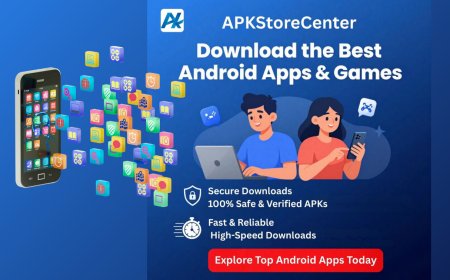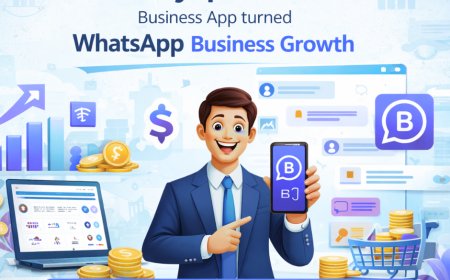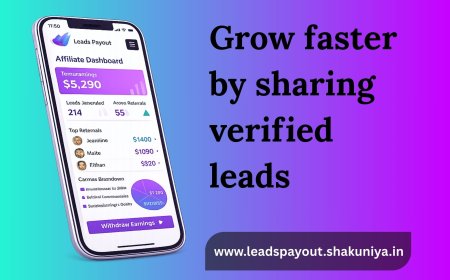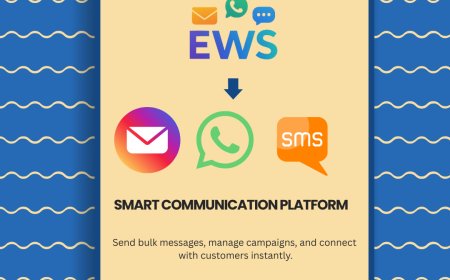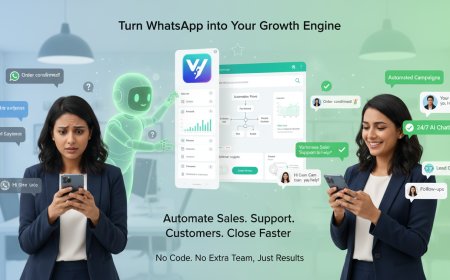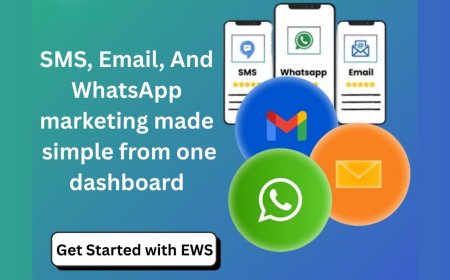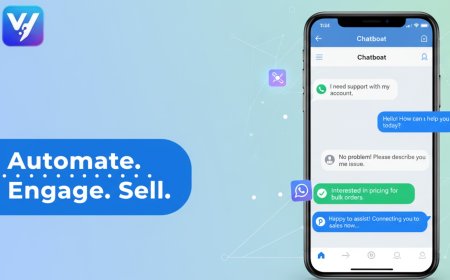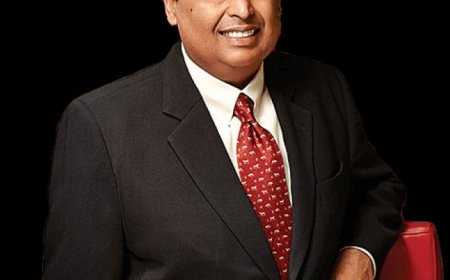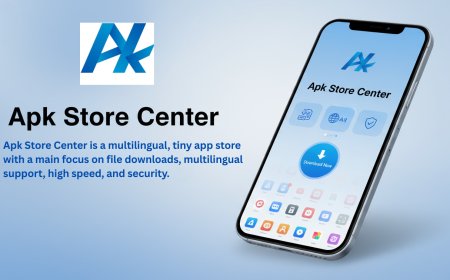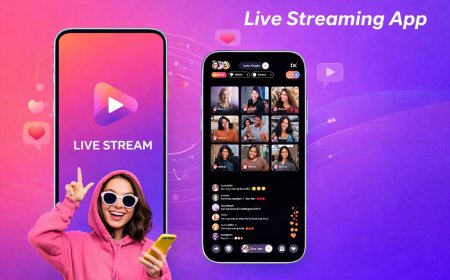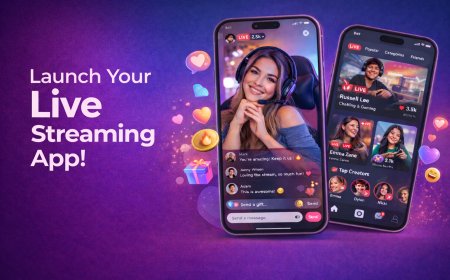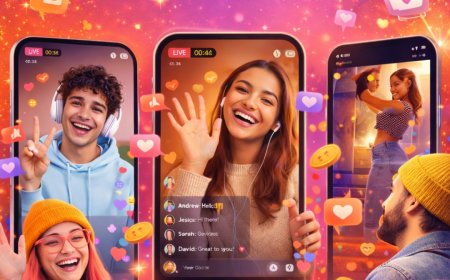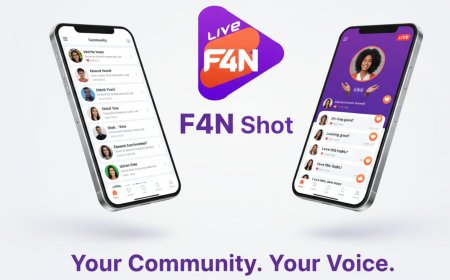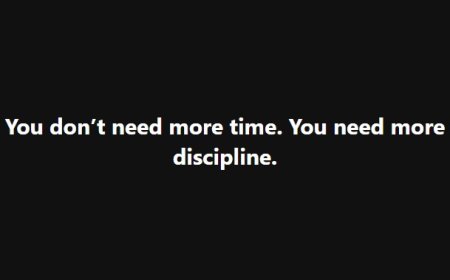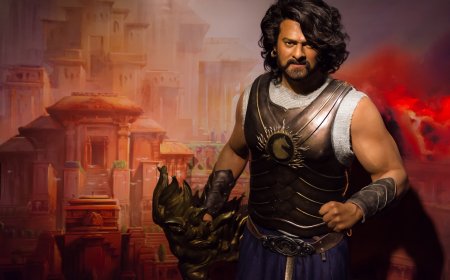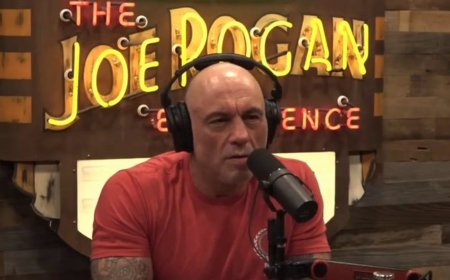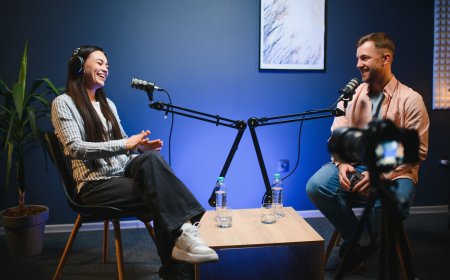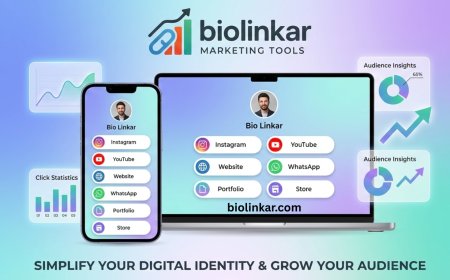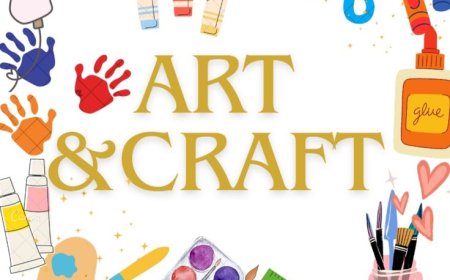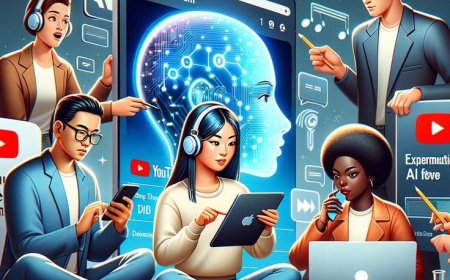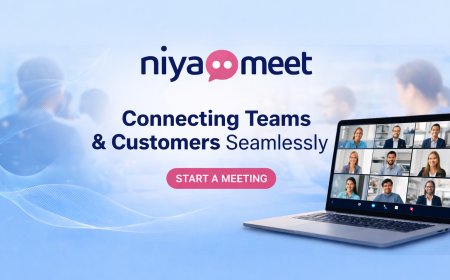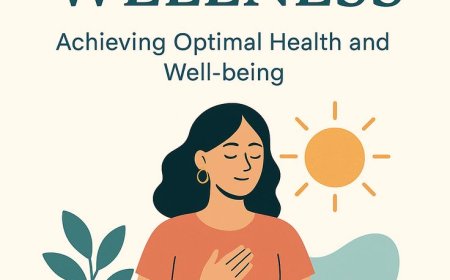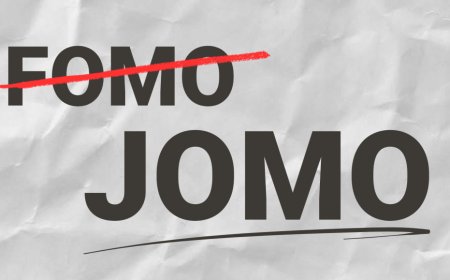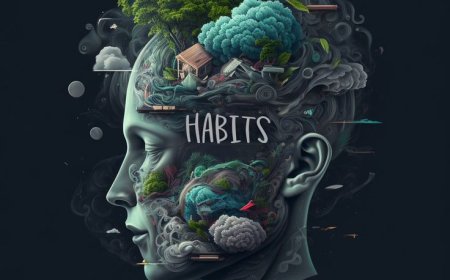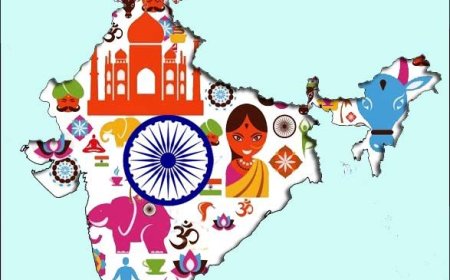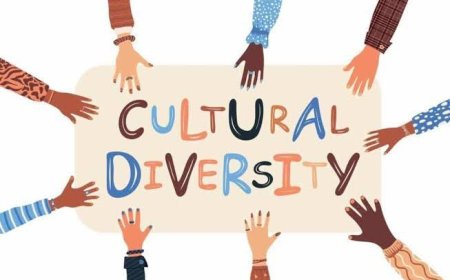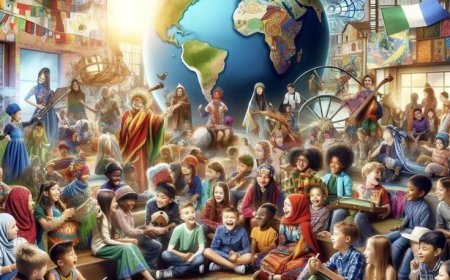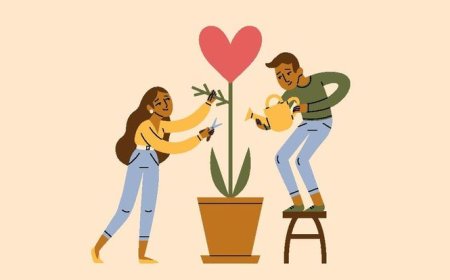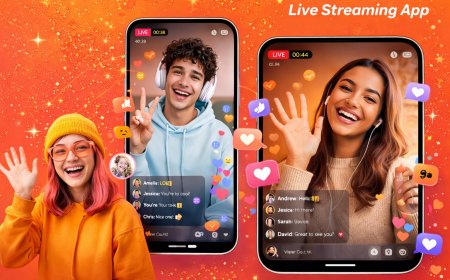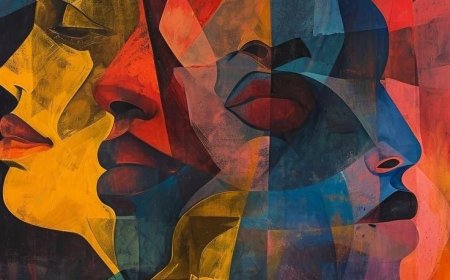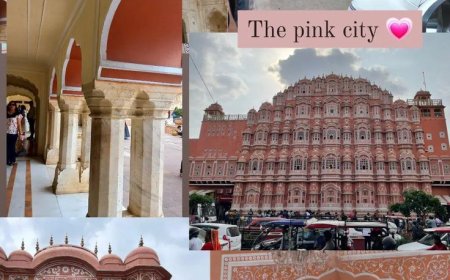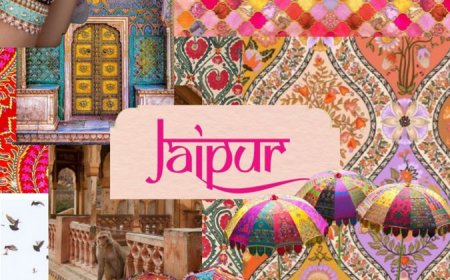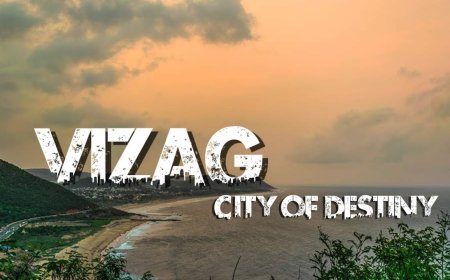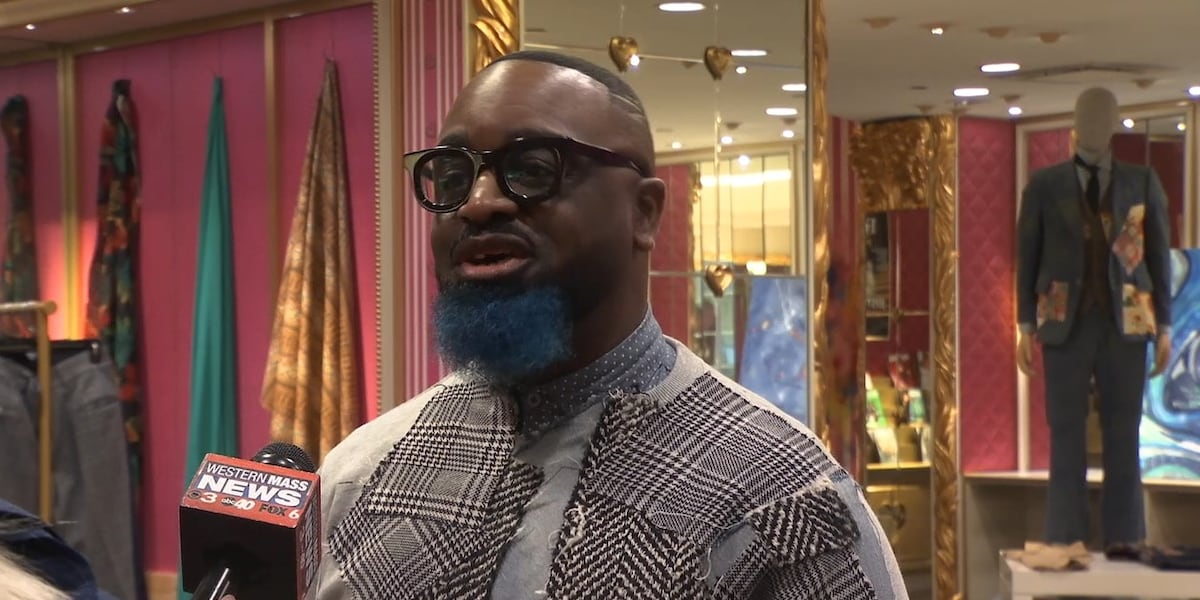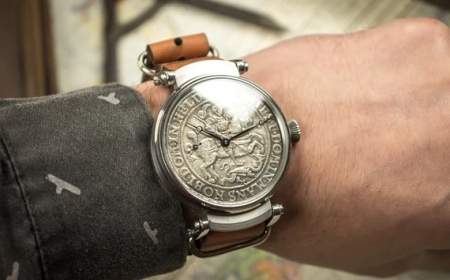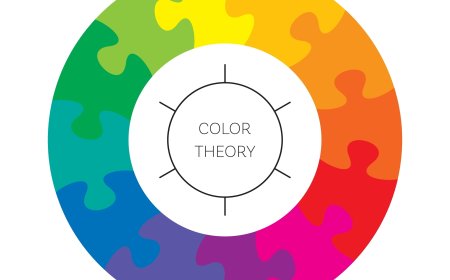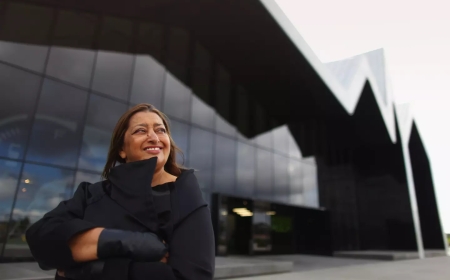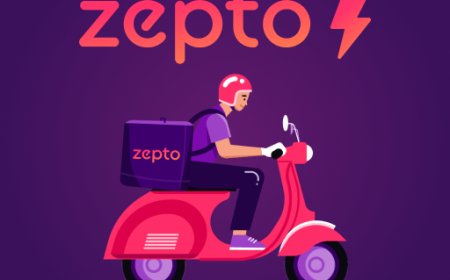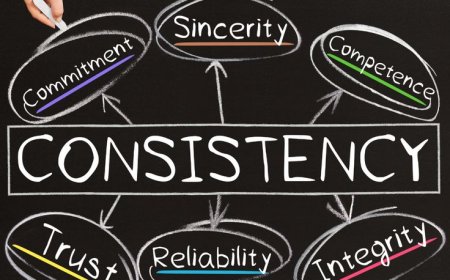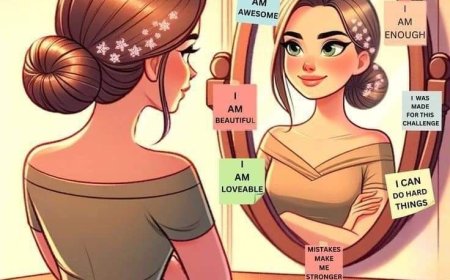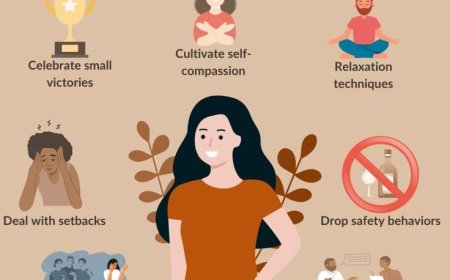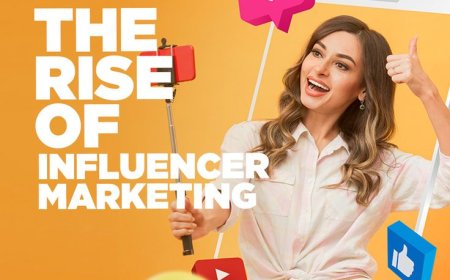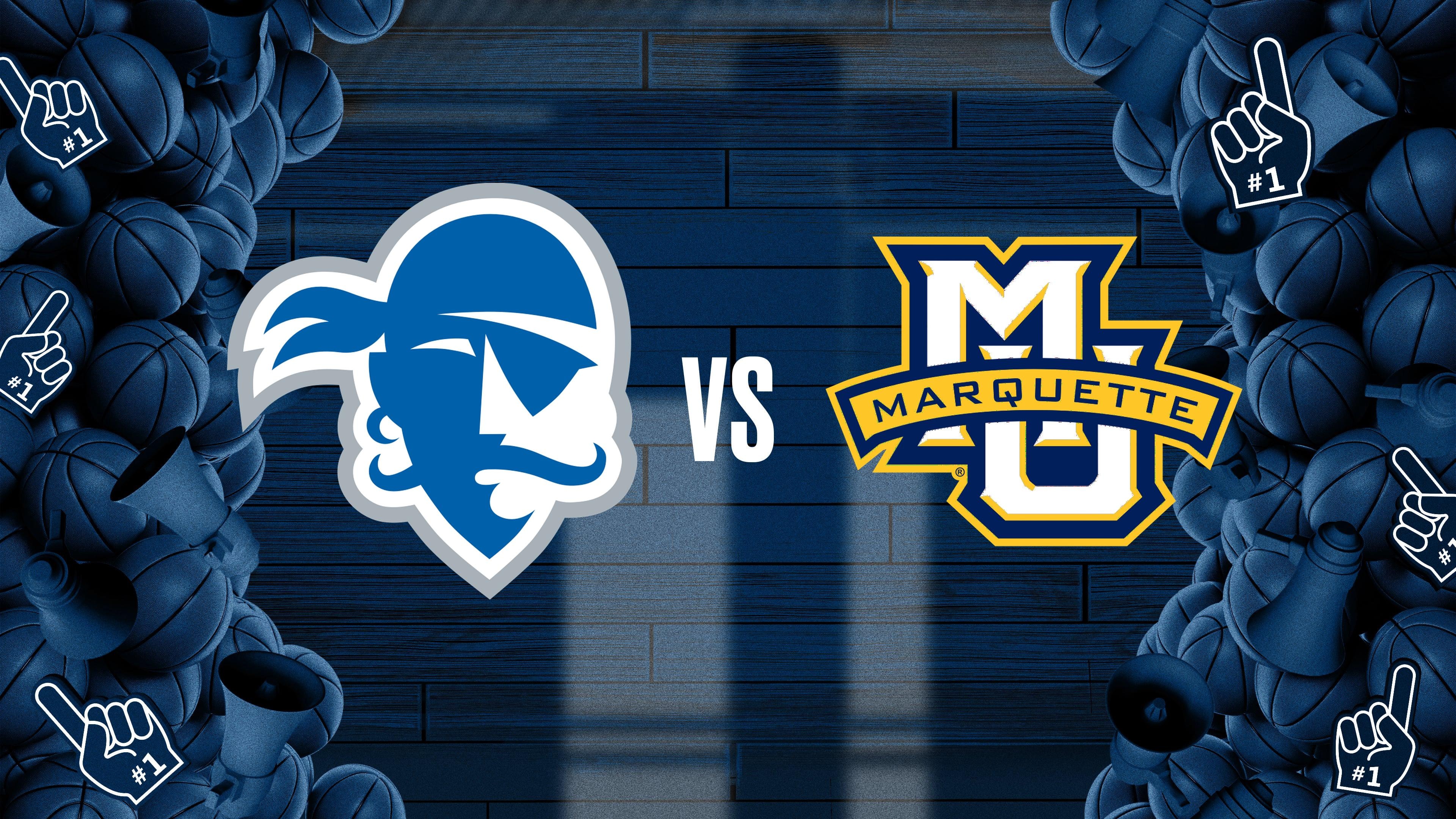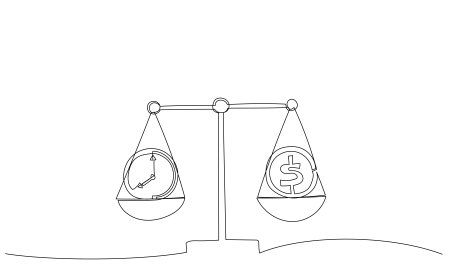The Rise of Employee-Owned & Creator-Owned Brands
Discover how employee-owned and creator-owned brands are redefining modern business. From ESOPs and DAOs to profit-sharing models, explore how shared ownership is shaping the future of trust, collaboration, and entrepreneurship.

For decades, businesses were built on a simple equation — a few owned, many worked, and profits flowed upward.
The traditional corporate model thrived on centralized ownership and top-down control, where employees exchanged time for salaries and had little say in how value was distributed.
But that model is quietly being rewritten. Across industries, a new generation of startups, creators, and communities are shifting from “working for” to “building with.”
This is the rise of the ownership economy — where employees, collaborators, and even customers are not just participants but co-owners in the value they help create.
Equity-sharing, profit-linked rewards, and even tokenized ownership structures are enabling individuals to have a direct stake in the growth of the businesses they power. Whether it’s a software engineer holding startup equity, a content creator co-owning a brand, or a community DAO voting on product decisions — ownership is becoming the new loyalty program.
The result is profound: alignment, innovation, and trust are no longer by-products of good management — they’re embedded in the structure of how value is shared.
The Ownership Revolution — What’s Changing
The shift from gig work to shared-value creation marks a turning point in the evolution of modern work and entrepreneurship. For years, the gig economy promised freedom — but often delivered instability and disconnection. The ownership economy is the next chapter — giving people not just flexibility, but a piece of the upside.
Creators, employees, and contributors are now redefining their roles: they’re not just doing tasks; they’re building equity. This shift is visible across multiple models:
- Employee Stock Ownership Plans (ESOPs): Once limited to startups, ESOPs are now being used by design agencies, D2C brands, and consultancies to attract and retain top talent.
- Creator Equity Models: Creators launching joint ventures with investors or co-founders instead of relying solely on brand deals.
- Cooperative and DAO-style Structures: Communities collectively funding, building, and governing brands through transparent ownership systems.
The underlying social trend is clear: people want to invest their time, talent, and creativity where they share in the value created.
In a world where purpose and participation drive motivation, ownership isn’t just financial — it’s emotional.
Employee-Owned Models: Rewriting the Corporate Script
For decades, company ownership sat at the top — founders, investors, and a small leadership circle. Employees were “contributors,” not stakeholders. But that script is being rewritten.

Employee ownership is no longer a Silicon Valley experiment — it’s becoming a global movement. In India, D2C brands, design studios, and service firms are adopting Employee Stock Ownership Plans (ESOPs) and profit-sharing systems to reward long-term contribution. The idea is simple yet powerful: when employees have skin in the game, they think and act like owners.
Case in point: Patagonia’s founder transferred ownership to a trust dedicated to employees and the planet — redefining what responsible capitalism can look like. Similarly, Indian startups like Zerodha, Zoho, and Dream11 have extended deeper equity participation to core teams, transforming how talent views loyalty and success.
The results are clear:
- Higher retention, because employees are emotionally and financially invested.
- Better engagement, as teams share in both purpose and profit.
- Shared accountability, aligning everyone’s incentives with the company’s growth.
Core insight: Employee ownership turns workers into builders. It transforms jobs into joint ventures — where every contribution adds equity, not just output.
The Rise of Creator-Owned Brands
Creators are no longer just amplifying other brands — they’re building their own.
What began as influencer collaborations and branded merchandise has evolved into full-fledged businesses. From YouTubers launching F&B labels to educators founding learning platforms, the creator economy is maturing into an ownership economy.
Across categories like wellness, beauty, education, and media, creators are using their authenticity, niche expertise, and community trust as the foundation for brand-building. Their audiences aren’t passive consumers — they’re believers who co-create and evangelize products.
Why this model works:
- Authenticity: The brand’s story feels real because it comes from a person, not a boardroom.
- Community: Audiences drive early sales, feedback loops, and organic marketing.
- Connection: Direct-to-consumer relationships replace intermediaries.
Today, creators are partnering with investors, manufacturers, and tech platforms through joint ventures, profit-sharing, and tokenized ownership models — bringing both capital and community together.
Example: MrBeast’s Feastables shows how an individual creator can scale a consumer brand through trust and storytelling. In India, educators, fitness influencers, and content entrepreneurs are following suit — building EdTech, wellness, and lifestyle ventures that blend identity with innovation.
The result? A new class of creator-founders who don’t just sell influence — they build equity.
DAO-Like and Tokenized Brand Collaboration
The next wave of ownership innovation is emerging from the world of Web3 and decentralized communities.
DAOs — Decentralized Autonomous Organizations — are reshaping how groups collaborate, fund, and govern shared ventures. While still early in mainstream adoption, the underlying principle is powerful: collective ownership without centralized control.
Brands and creative collectives are now experimenting with DAO-inspired and tokenized models — where members, contributors, or even loyal customers hold a stake in the brand’s success. These may include:
- Community investors who contribute early and share in future upside.
- NFT-based memberships that grant exclusive access or voting rights.
- Governance tokens that allow users to influence brand decisions.
We’re seeing prototypes across art, gaming, media, and creator platforms — from decentralized record labels to collaborative storytelling communities.
The core insight:
Decentralized ownership leads to decentralized innovation.
When more people have a say — and a stake — creativity scales horizontally. The brand becomes not just a company, but a co-created ecosystem.
While full-fledged DAOs still face regulatory and operational hurdles, the principles they champion — transparency, participation, and distributed reward — are already shaping how the next generation of brands are built.
Why Ownership Builds Trust & Longevity
Ownership isn’t just a financial concept — it’s an emotional contract.
When people feel they own something — whether equity, reputation, or influence — they invest more deeply in its success. That’s the quiet revolution behind employee-owned and creator-owned brands: they turn engagement into commitment.
Transparency and shared rewards create a powerful sense of fairness. Employees stay longer because they’re not just earning a salary — they’re building an asset. Creators collaborate rather than compete because shared upside aligns incentives.
Ownership also transforms burnout into belonging. People give their best when they feel trusted and valued, not when they’re just completing tasks. This emotional investment compounds into brand resilience — lower turnover, stronger culture, and greater adaptability.
From a consumer lens, this model builds credibility. Modern customers trust brands that practice co-creation and share value rather than extract it.
The deeper psychological shift is clear:
Ownership creates belonging. Belonging fuels purpose. Purpose drives performance.
That’s why the new generation of companies is no longer asking, “How do we retain people?” but rather, “How do we include them?”
Challenges & Reality Check
Every revolution brings complexity — and the ownership economy is no exception.
While the vision of shared value is inspiring, execution is still evolving.
Legal and regulatory ambiguity remains a major barrier, especially for DAO-like and tokenized ownership models. Traditional corporate frameworks weren’t designed for distributed, digital-first stakeholders, leading to uncertainty around governance, taxation, and accountability.
There’s also a knowledge gap. Many employees, freelancers, and even creators don’t fully understand how equity, ESOPs, or digital tokens actually work. Without financial literacy and transparency, “ownership” risks becoming a buzzword rather than a benefit.
Another challenge: balancing decision rights. Who gets to vote? Who makes strategic calls? Co-ownership sounds democratic, but decision paralysis can emerge without clear governance layers.
And then there’s the hype factor. As with early crypto or NFT trends, not all tokenized projects are built on sustainable economics. Over-dilution, speculative valuation, or poorly designed reward systems can erode trust — the very foundation these models depend on.
The lesson:
Ownership is powerful only when it’s real, regulated, and responsibly structured.
The next phase of this movement will depend less on idealism and more on institutional maturity — where shared ownership is built on durable business models, not just narratives.
The Future: Community-Powered Enterprises
Despite the growing pains, the direction of travel is clear — the future of business is shared.
Employee-owned and creator-owned models are moving from experiment to expectation. As younger workforces demand purpose, transparency, and autonomy, ownership will become a core part of brand architecture, not a perk.
We’re likely to see hybrid structures emerge — where traditional companies integrate DAO-inspired governance or community profit pools, and DAOs themselves adopt corporate-style accountability frameworks.
By 2030, one in five digital-first brands could be partly community- or creator-owned, blending profit with participation.
This shift isn’t just cultural; it’s strategic. Shared ownership creates alignment — between employees and founders, between creators and fans, between platforms and their users. When value circulates, trust compounds.
Ownership, in this new era, becomes more than compensation — it becomes a business strategy, a retention tool, and a cultural differentiator.
The next generation of enduring brands won’t just sell to communities — they’ll be built with them.
Conclusion
The rise of employee-owned and creator-owned brands marks a profound shift in how value, trust, and purpose are built in business.
We’re moving from systems that reward only founders and investors — to ecosystems that share ownership across teams, creators, and communities.
This transformation is redefining entrepreneurship itself:
· Employees are becoming co-owners.
· Creators are evolving into founders.
· Communities are shaping the brands they believe in.
The future belongs to participatory enterprises — transparent, accountable, and co-created. Ownership isn’t just a financial structure anymore; it’s the new foundation of brand loyalty, innovation, and longevity.
The next wave of iconic companies won’t just be built by a few — they’ll be owned by many.
What's Your Reaction?
 Like
0
Like
0
 Dislike
0
Dislike
0
 Love
0
Love
0
 Funny
0
Funny
0
 Angry
0
Angry
0
 Sad
0
Sad
0
 Wow
0
Wow
0
